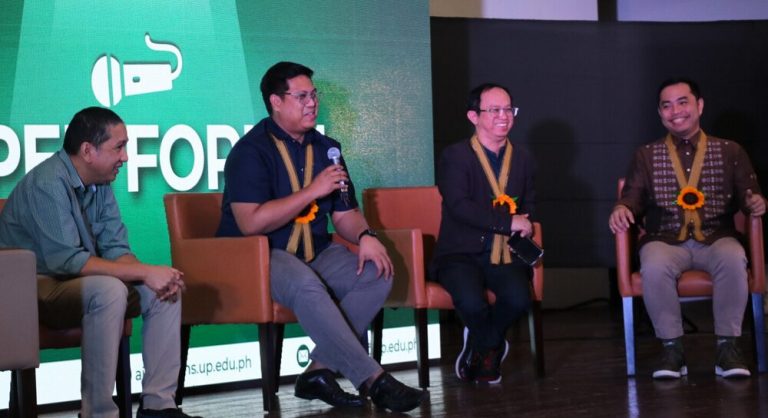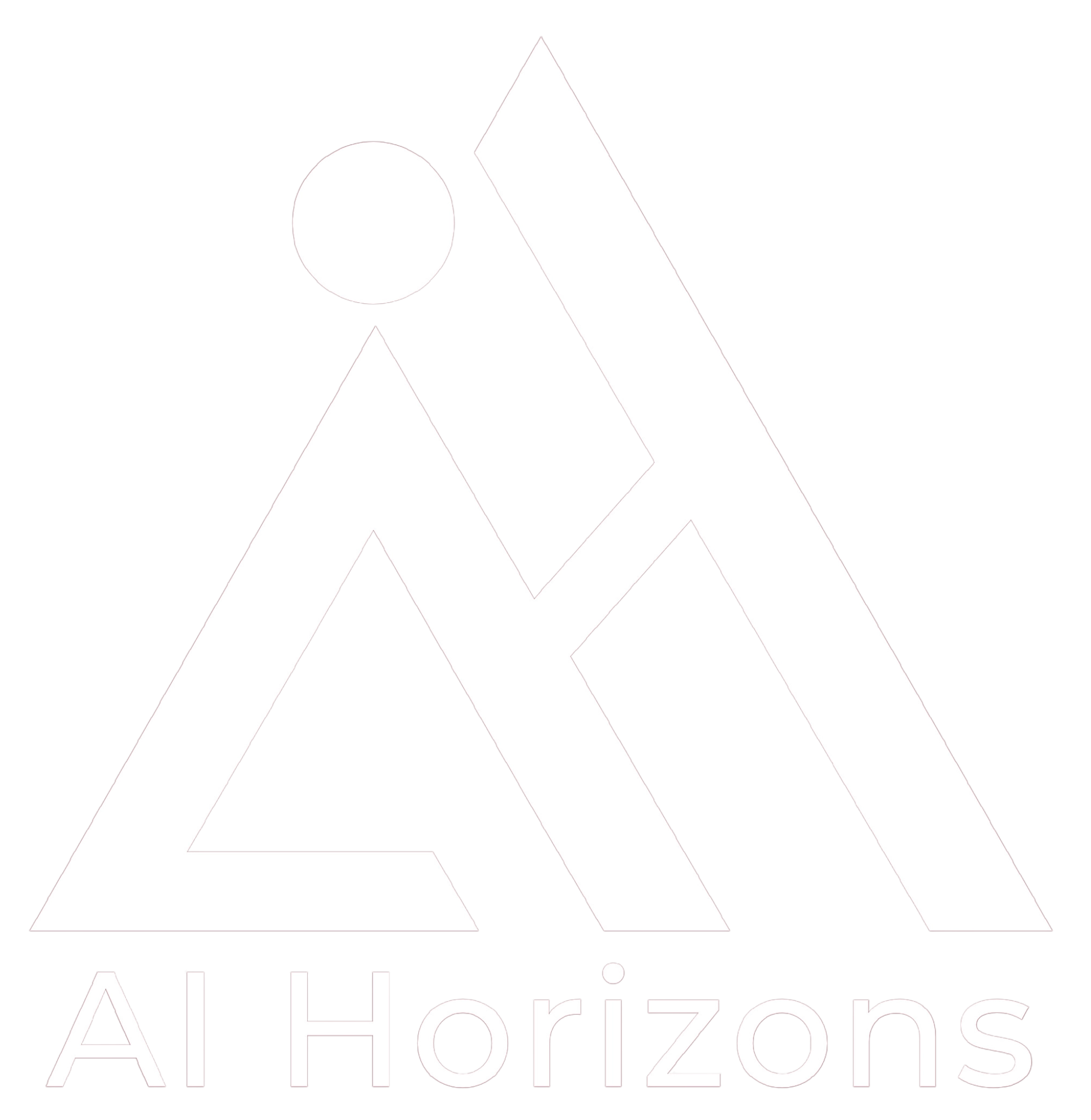PRESS RELEASE
UP confab explores AI’s $4.8-T potential to transform BPO, digital economy

The University of the Philippines (UP) convened more than 300 leaders from government, industry, and academia in a two-day conference tackling the country’s urgent need for a cohesive artificial intelligence (AI) strategy amid the global race for digital transformation and recent natural disasters.
Held on October 16–17 at UP Cebu, AI Horizons PH 2025 brought together experts to address how AI can enhance national security, transform the business process outsourcing (BPO) industry, strengthen disaster response, and drive inclusive growth.
The event follows two devastating earthquakes that struck Cebu and Davao in late September and early October, underscoring the role of AI in crisis prediction and response.
UP president Angelo A. Jimenez said the Philippines stands at a crossroads in the AI age. “What we need is will—political will to invest in digital infrastructure, educational will to transform curricula, and collective will to ensure that AI serves the many, not merely the few,” he said.
The conference highlighted the link between technological innovation and national resilience. Program chair Prospero C. Naval Jr. said AI should be developed “to serve the public good,” balancing innovation with ethics.
The cybersecurity and national security sessions tackled how AI systems can protect critical infrastructure from cyberthreats, especially during disasters that disrupt power and communication networks.
Speakers from the Department of Science and Technology (DOST) and international agencies discussed strategies to localize AI infrastructure and data governance, aligning with the UN Conference on Trade and Development’s (UNCTAD) call for developing countries to build AI capacity.
As AI automation reshapes the global services sector, the Philippine BPO industry — employing 1.7 million workers and contributing $31.6 billion annually — faces the challenge of adaptation.
Industry leaders and academics emphasized the need to shift from routine outsourcing to AI-integrated services such as predictive analytics, intelligent automation, and digital transformation.
The sessions featured Cebu IT-BPM Organization’s Salvador Villasis and Analytics & AI Association of the Philippines president Michelle Alarcon, who urged for upskilling programs to prepare the workforce for higher-value roles.
The social good and governance sessions showcased AI’s potential in earthquake prediction, early warning systems, and community-level data analytics.
Researchers presented tools for geospatial mapping, radiology, and education, with discussions on how AI can strengthen local decision-making and equitable access to digital technologies.
UP Cebu chancellor Leo Malagar underscored AI’s social dimension: “AI must be our new instrument of nation-building — a tool not of domination but of liberation. We must build AI systems that serve the poor and not replace them.”
AI Horizons PH 2025 produced three strategic documents:
- A National AI Cybersecurity Strategy for government agencies;
- An AI Integration Roadmap for the BPO sector; and
- A Philippine AI for Social Good Framework for NGOs and development organizations.
These outputs are intended to guide the Philippines in shaping policies on AI governance, disaster resilience, and inclusive economic growth.
Contact Information:
- Conference Website: https://ai-horizons.up.edu.ph
- Facebook: https://facebook.com/AIHorizonsPH
- Email: [email protected]
- Program Committee Chair: Professor Prospero C. Naval Jr. ([email protected])
